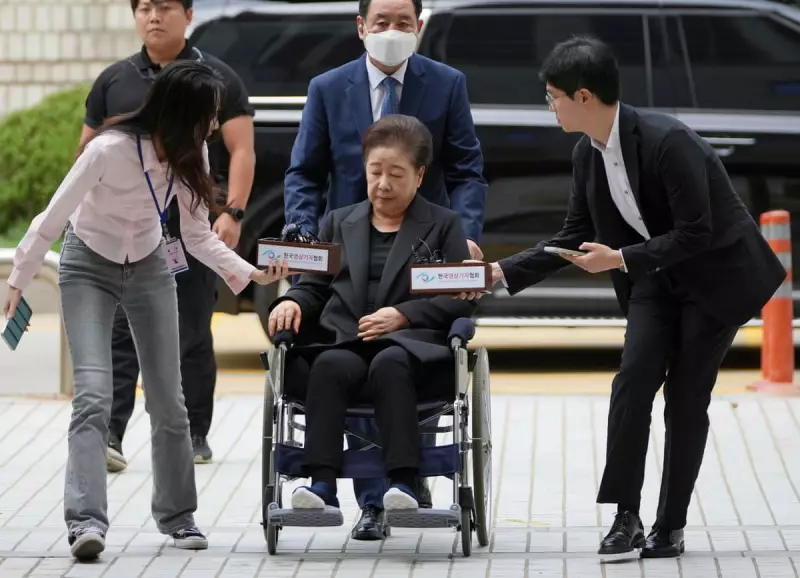
In a dramatic development that has sent shockwaves through religious circles, Hak Ja Han, the 82-year-old leader of the Unification Church, was arrested in South Korea on Monday. Prosecutors allege she systematically pressured followers into making enormous financial contributions, bringing long-standing controversies surrounding the movement to a head.
The Charges and Allegations
South Korean authorities have taken the extraordinary step of detaining Mrs Han, widow of church founder Sun Myung Moon, on suspicion of orchestrating a sophisticated scheme to extract approximately 100 billion won (approximately £60 million) from devout followers. The Seoul Central District Court approved the arrest warrant, citing concerns over potential evidence tampering.
Key allegations include:
- Coercing elderly members into signing over their entire life savings
- Pressuring followers to take out substantial loans for donations
- Systematic exploitation of religious devotion for financial gain
A Global Movement Under Scrutiny
The Unification Church, known for its mass wedding ceremonies and conservative family values, has faced increasing scrutiny since the assassination of former Japanese Prime Minister Shinzo Abe in 2022. The perpetrator reportedly held a grudge against the church, claiming his mother's bankruptcy resulted from excessive donations.
This event triggered renewed international examination of the church's practices, particularly in Japan where the organisation has significant influence. Mrs Han's arrest represents the most serious legal challenge to date for the movement she has led since her husband's death in 2012.
Historical Context and Church Response
Founded in 1954, the Unification Church grew into a global enterprise with interests ranging from religious publishing to weapon manufacturing. The movement has consistently denied allegations of being a cult, maintaining its focus on family values and interfaith reconciliation.
Church officials have vehemently denied the latest allegations, characterising the arrest as "unjust and based on misunderstandings about religious practices." They maintain that all donations are voluntary expressions of faith.
As legal proceedings begin, the case promises to shed new light on the financial operations of one of the world's most controversial religious organisations and test South Korea's approach to regulating religious institutions.






